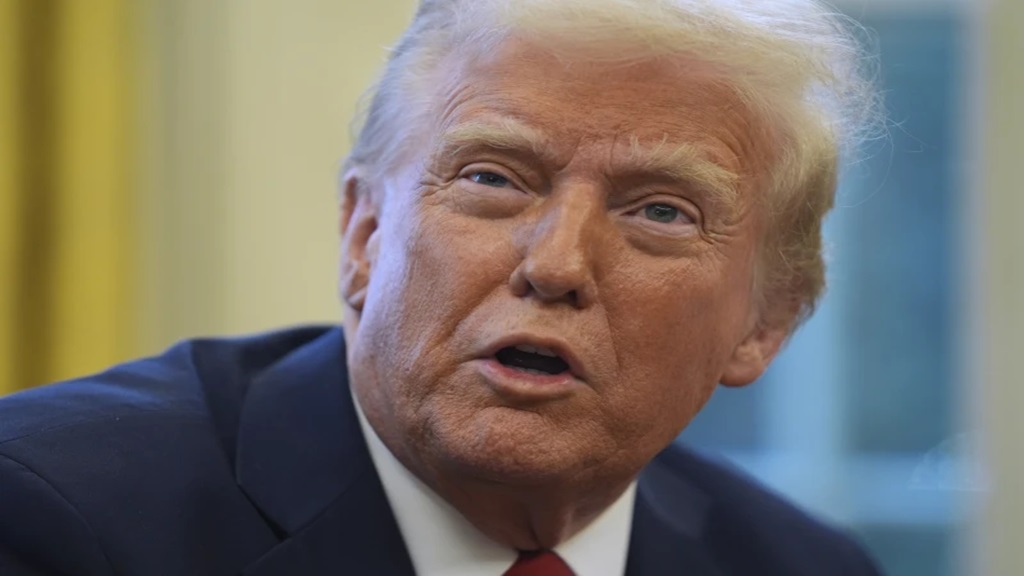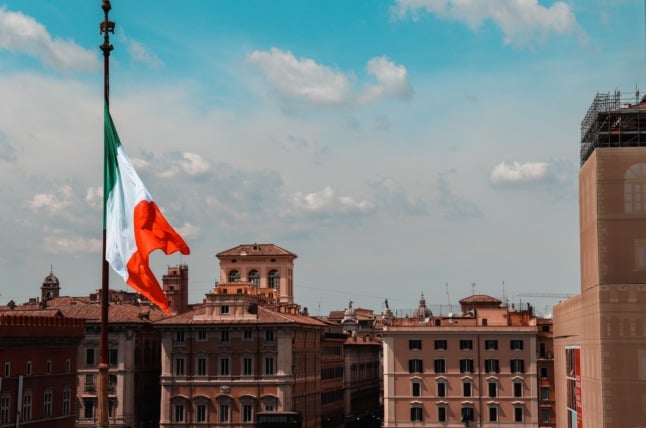
© Reuters
Poland will reduce the value added tax on gas, food and petrol as part of a second package of measures to mitigate the impact of rising inflation, the prime minister said on Tuesday.
The rapid rise in prices has hit household budgets, creating headaches for a government that has built its popularity largely on raising the living standards of ordinary Poles through generous social benefits. “(The program) aims to leave as much money as possible in the portfolios of Poles,” Mateusz Morawiecki told a news conference.
The measures, several of which were announced previously include a reduction in VAT on basic foodstuffs and gas to zero, a sharp reduction in VAT on fuels, heating and electricity.
Poland has been affected by energy crisis in Europe, which began last year, when the lifting of restrictions on COVID-19 placed huge demands on depleted natural gas reserves. Rising fuel prices in the winter have helped reduce what people can afford.
Morawiecki said anti-inflation measures will cost the budget 15- 20 billion zlotys ($ 3.74-4.99 billion)
Morawiecki’s ruling nationalists, Law and Justice (PiS), are facing a difficult start to the year, with companies complain about rising energy costs and errors in the flagship economic program, which aimed to cut taxes for most people but led to some employees, such as teachers, who will receive lower salaries in January.
Particularly unpleasant for the authorities are the reports that institutions such as schools and hospitals are facing much higher gas bills than a year ago.
The latest package of anti-inflation measures contains a proposal to add these institutions to a tariff mechanism that protects households from rising gas prices.
“This (mechanism) meant that the increase in gas bills for households still remains very large, but the average increase of 54% for these customers compared to several hundred percent … for others, it must be admitted that it was quite reasonable, “Deputy Prime Minister Jacek Sasin told public radio.
Economists say the government will reduce the peak of inflation in the first half of 2022, but may serve to stimulate price growth later.
On Monday, analysts at Credit Agricole said a temporary reduction in food VAT to zero would in fact lead to higher prices than would otherwise be the case when taxes return to normal. According to them, there is a risk that companies will partially use the tax relief as a gift to them.
Note: This article has been indexed to our site. We do not claim legitimacy, ownership or copyright of any of the content above. To see the article at original source Click Here













